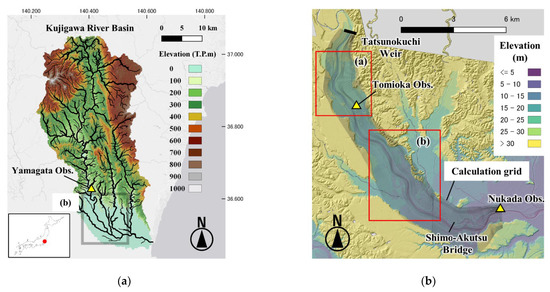D
Deleted member 18243
But I did have a question, it was:You still don't get it, and you don't have a question.
What's the significance of 200 years ago? What happened then?
Eventually, after calling me thick, you sort of answered it:
Nothing implicitly happened in 1822, or 1821. There is silence on what happened before.
The original statement of yours that I questioned was:
Drought, 70,000 with heatstroke, 100mph cyclones, rising sea levels, weather not seen in 200 years...
In that statement it is not clear what the 200 years refers to or why you are choosing to use a 200 year period.
Even a non-thick person would be forgiven for asking for clarification. It would have been clearer if you have said "weather not seen since records began". Even if you had said "weather not seen since time began" I would understand what you meant, even though what you were saying was unprovable.
So JP, you might have a vast intellect but if you can't explain yourself clearly, nobody but yourself would know about that vast intellect.


